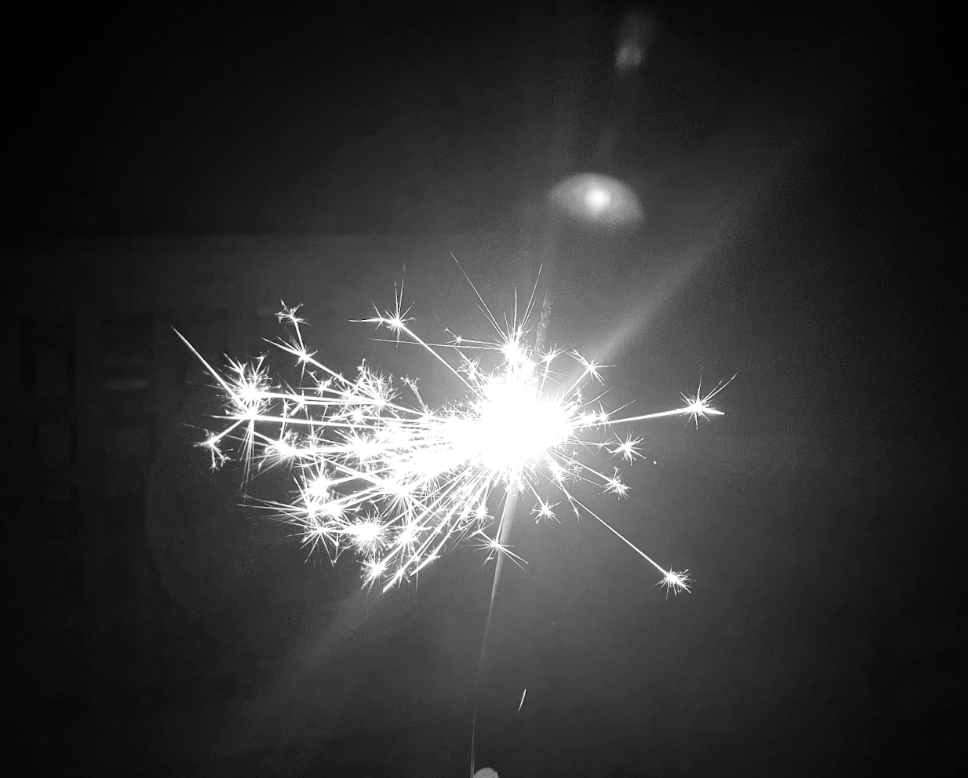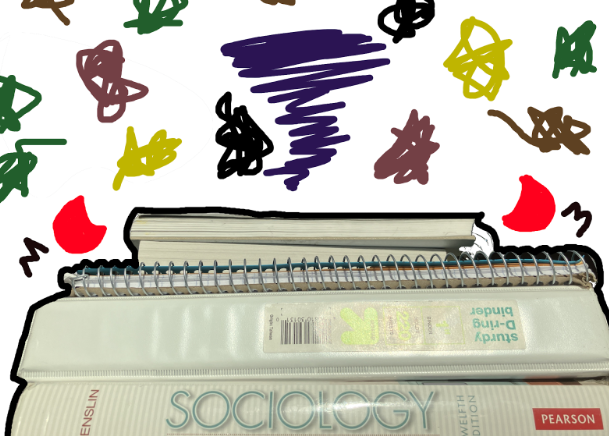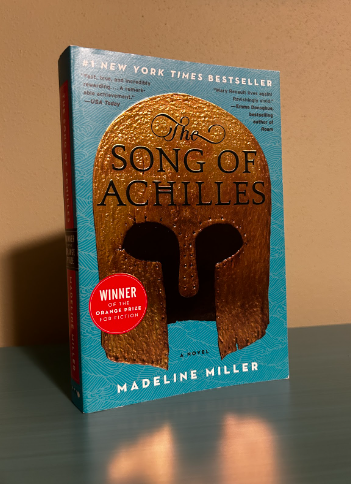With winter break coming up quickly and students catching up on holiday shopping, mentally preparing for Wrap-Up Week, or simply trying to get through these last few days of school, making a New Year’s resolution may feel like another task to avoid spending time on. Does this end-of-December ritual have a positive impact on people’s accomplishments, or is it as useless as some believe?
We asked Middleton High School (MHS) students who are planning their New Year’s resolutions, and what those resolutions might be this year.
Ben Freiberg (11): “My New Year’s resolution is to extend my Duolingo streak another year.”
Dating back thousands of years, New Year’s resolutions are now often lost in the chaos of the holidays. They were first used as a religious practice around 2000 BCE. Ancient Babylonians made promises to the gods when crops were planted, believing that if they followed through with their goals, the gods would favor them and good fortune would come their way.
In ancient Rome, Julius Caesar named the first month of the year after Janus, a two-faced god who could look into the past and future. Civilians would offer sacrifices to Janus and resolve to improve themselves. Later, medieval knights performed the “Peacock Vow” at the end of each year, during which they touched a peacock and vowed to prioritize their values.
New Year’s resolutions, as we know them, have parted from their religious roots into a more secular tradition for anyone to reflect on the past year. Today, some also use the opportunity to set a specific goal to complete by the end of the year, rather than a habit to change.
Brooke Misch (12): “To get my black belt in Taekwondo.”
Blu Ginko (11): “I’m going to watch every single Tom Hanks movie and graph them from worst to best.”
Many other students had academic resolutions, hoping to improve their grades, productivity, or involvement.
Katie DeCabooter (10): “To get better at math.”
Carter Gebhard (10): “To have no more missing work.”
River Kelly (12): “To survive the first semester of college I’ll be going to.”
In the opinion of Regina Rhyne, a substitute teacher for several schools, creating New Year’s resolutions used to be a fun tradition, but in recent years they have become too serious. One of her goals for 2024 is to finish writing a memoir challenging discrimination in the Madison area. She believes New Year’s resolutions are better kept constructive and positive, and that we should not forget to appreciate how far we have come.
According to Forbes, approximately 25% of Americans participate in this goal-setting celebration, but only about 8% of them manage to achieve these resolutions. However, this statistic may be discouraging—setting New Year’s resolutions can lead to a more positive outlook for the future, with 86% of people in a Forbes survey believing that their resolution will have a positive impact beyond 2024. One student, who wishes to remain anonymous, agrees that setting monthly goals may be more effective than making a New Year’s resolution, saying it is “much easier and has higher success rates.”
Conner Roth (10): “To not make a New Year’s resolution.”
One of the main reasons why New Year’s resolutions fail is because people tend to set unrealistic expectations and do not allow for mistakes. When a person sets a New Year’s resolution, their dopamine levels rise. However, over time, these levels drop, making it challenging to maintain momentum without a support system. The pressure of setting a goal on a deadline does not help either.
“If you want to change something about your life I say find the motivation to make the change yourself, not because ‘it’s that time of year,’” said an anonymous student.
On average, resolutions tend to last for only 3.75 months. While New Year’s resolutions can provide a platform for positive change, the lack of follow-through highlights the importance of setting realistic goals and having a supportive environment to help achieve the desired outcome. As Abby Otteson, an MHS art teacher, said, “I do not like to give things up; I prefer to add a positive habit to my routine.”
Otteson plans to learn some art terms in Spanish in the coming year.
Alex Everson (9): “To walk in a straight line and not run into hallways.”
Flynn Magill (10): “I want to work more on myself and actually accomplish something. If you don’t work on yourself, what are you doing with your life, you know? You’re probably just sitting around doing nothing. You can’t accomplish [later] something that you wanted to accomplish earlier in life. I would also like to meet SpongeBob SquarePants.”
New Year’s resolutions can have different impacts on people. Some feel motivated to set powerful goals while others feel that it leads to failure. Nevertheless, commitment and trust in the process are key as resolutions continue to be an important part of the New Year for many students at MHS.









